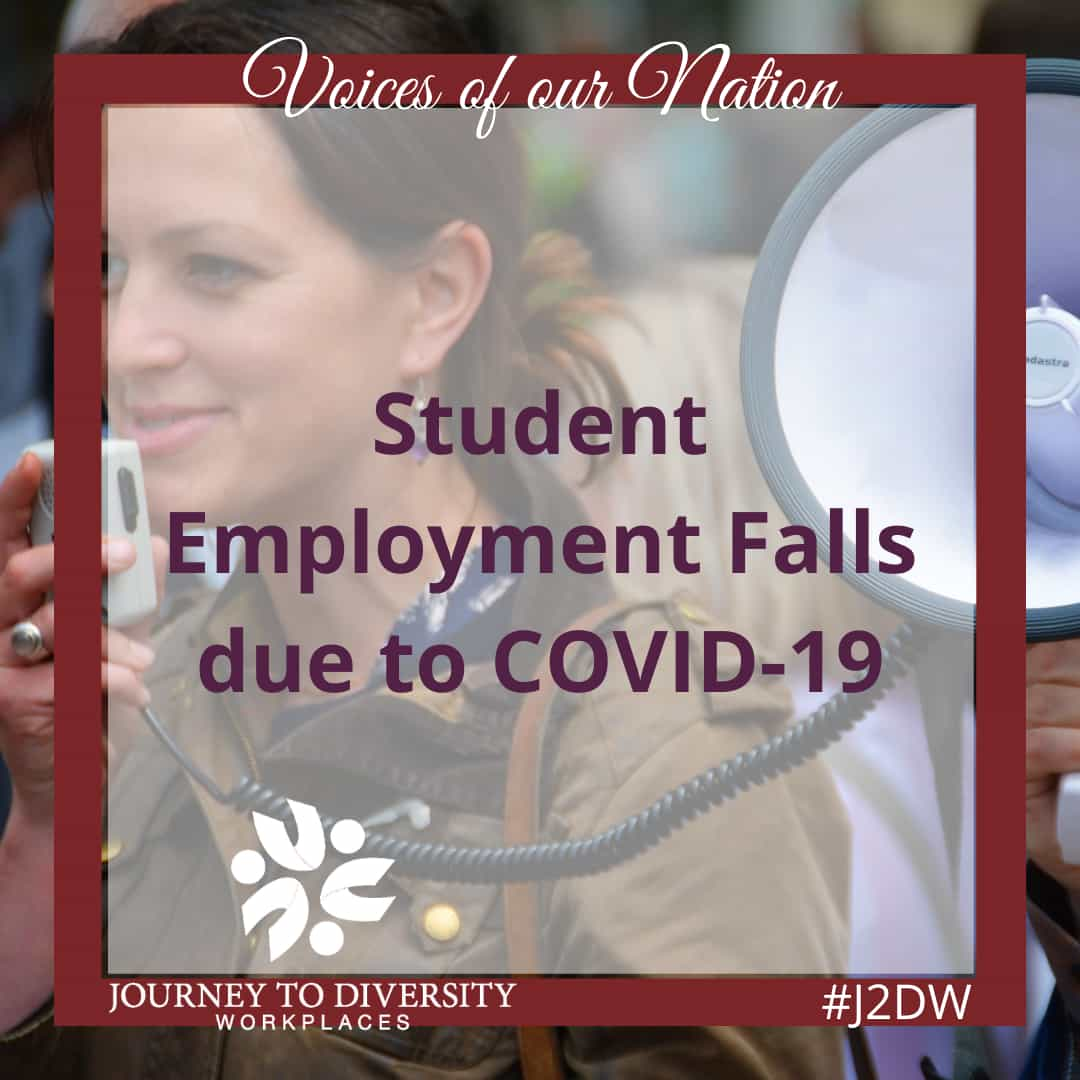Since the onset of COVID-19 – the global pandemic that has disrupted our lives – our world has seen many changes. In several ways, students have been a part of these modifications to everyday life. One way that students seem to have been hit the hardest is in the lack of employment opportunities and adequate financial support from the government that made returning to school in the fall of 2020 financially challenging and in some cases impossible.
As most students rely on part- or full-time jobs during the summer months to finance their education, the closures in the summer 2020 and during 2021 were detrimental to those seeking employment. Many count on and plan for this income. A survey conducted in March of 2020 by Statistics Canada reported that 28% of students were planning on remaining in their current job throughout the summer months. However, in a follow-up survey done two months after the initial lockdown in May of 2020, 55% of those same students reported having either lost their job or been laid off. Additionally, those who had procured employment that was to commence around this time reported that their employment had been disrupted as well. Seven out of ten of those students confirmed start date for employment saw either a delayed start or lost the job entirely. Industries that were highly affected by the pandemic, such as the customer service industry are areas in which students typically find themselves. The lack of online alternatives for these positions put students at risk of financial instability and found that they had little help from the government.
Though the government attempted to aid those who had been temporarily laid off with the distribution of their CERB (Canada Emergency Response Benefit) grant, unfortunately that funding was only for those who were already working and not those seeking employment. Shyan, a student at Durham College working in retail at that time, shared her experience.
[quote]As the province shut down all non-essential businesses, we ended up being closed for around 4-5 months. During this time, the opportunity to find another job was scarce. Even after businesses began to open up again (late June 2020) the hours and staff were significantly reduced.[/quote]
Shyan’s work was reduced to 1-2 (4 hour) shifts a week from her previous 4-5 (5-8 Hour) shifts, leaving her to question how she would finance the necessary aspects of her life. Shyan’s situation was similar to other students who felt helpless when it came to planning for the future, not only with tuition fees but living expenses such as food, transit, and utility bills.
The exclusion in CERB caused upset amongst unemployed students to the degree that the Canadian government felt obligated to respond. It was frustrating for students who had been employed during the school year but had concluded their work just before the CERB deadline. Contracts for many positions offered by universities and colleges themselves, such as Teaching Assistant, ended prior to the required employment date needed to claim CERB. Students in this position were left to question how they would finance their needs without the aid of the government. This led to the implementation of CESB (Canada Emergency Student Benefit), a supplementary grant for unemployed students that offered $1,250 each month, $750 less than what CERB offered.
Many students rely on summer work to obtain their funds for the following year of school, and the reduction in earnings made it difficult, if not impossible, to reach the amount needed. Some were unable to return to their regular schooling in the fall as a result, putting them behind in their post-secondary education. As we head into the summer of 2021, we are seeing more support from the government as they distribute grants to fund the employment of student employees. The financial prospects of students are looking up with the reopening of businesses and in government investment in student employment.
Sources:
https://www150.statcan.gc.ca/n1/daily-quotidien/200512/dq200512a-eng.htm
This article was written by summer student Hannah Mastin and edited by summer student Adam Best. This article was funded by the Government of Canada.

